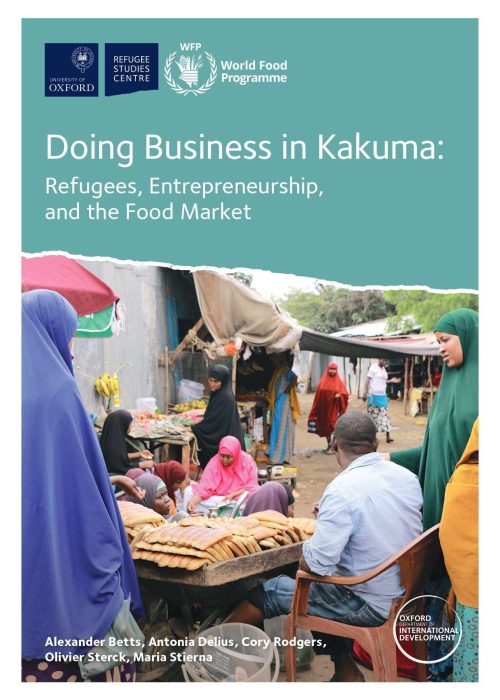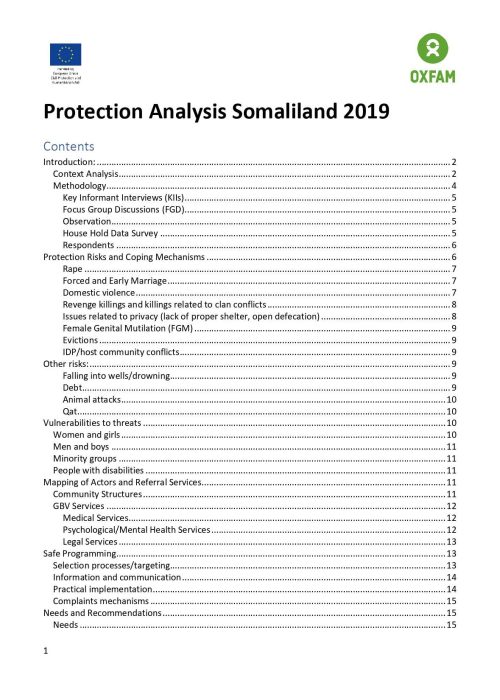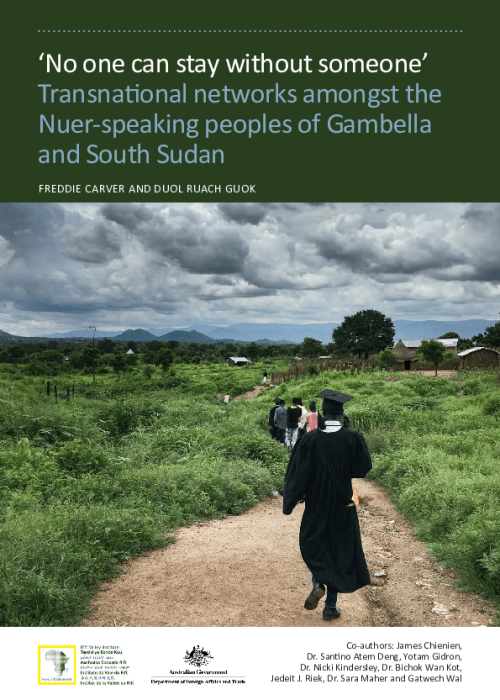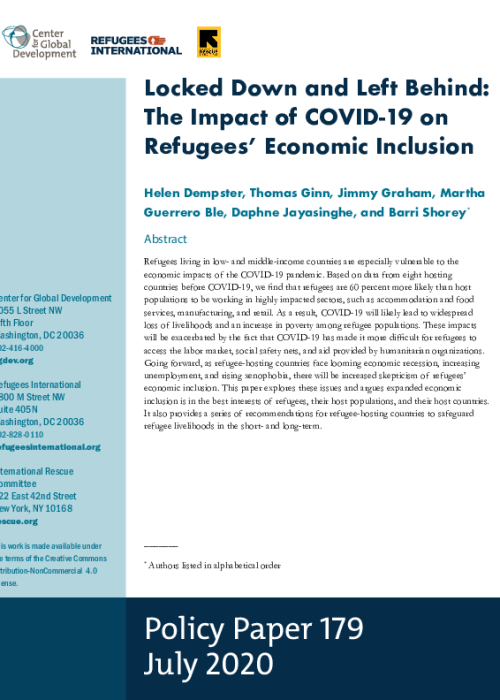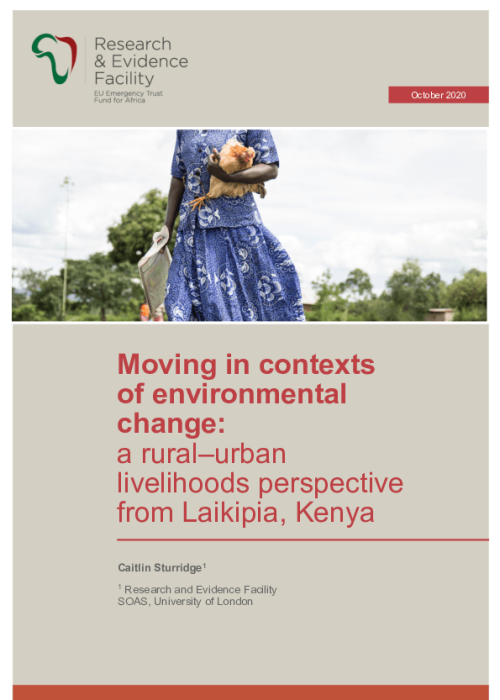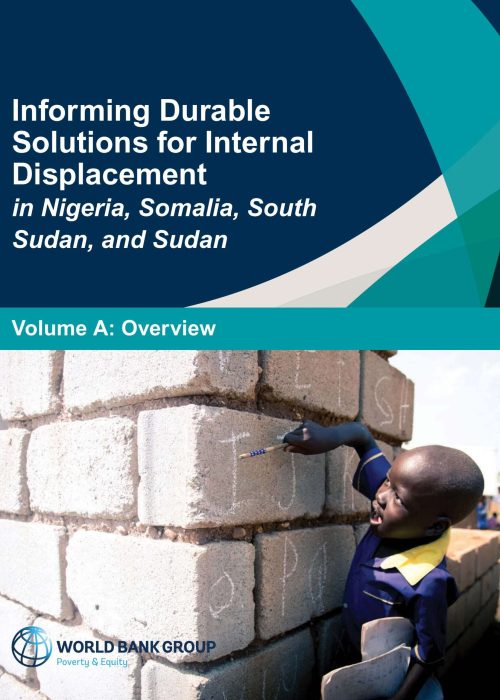Refugee situations are often protracted, lasting for years or even decades, and the traditional care and maintenance response is recognized as insufficient and ineffective. Livelihood programming for refugees is seen as a more effective approach to address their long-term needs and enable them to contribute to their own well-being and the development of their host countries. Livelihood programming aims to provide refugees with the skills, resources, and opportunities to earn a living and become self-reliant. However, there are several challenges in implementing livelihood programs for refugees. Political and economic constraints, refugee motivations and experiences, insufficient and unpredictable funding, lack of experience and skills among implementing partners, and inadequate incorporation of host-community actors are some of the pitfalls that need to be addressed.
To overcome these challenges, it is important to conduct thorough assessments of the needs and capacities of refugee populations, involve refugees in program design, and consider the political and economic context of the host country. Market assessments and conflict analyses can also inform program design and mitigate potential tensions. Additionally, engaging with diaspora communities and leveraging their skills and resources can be beneficial.
Overall, livelihood programming for refugees holds great potential but requires careful planning, coordination, and adaptation to ensure its effectiveness and sustainability.

